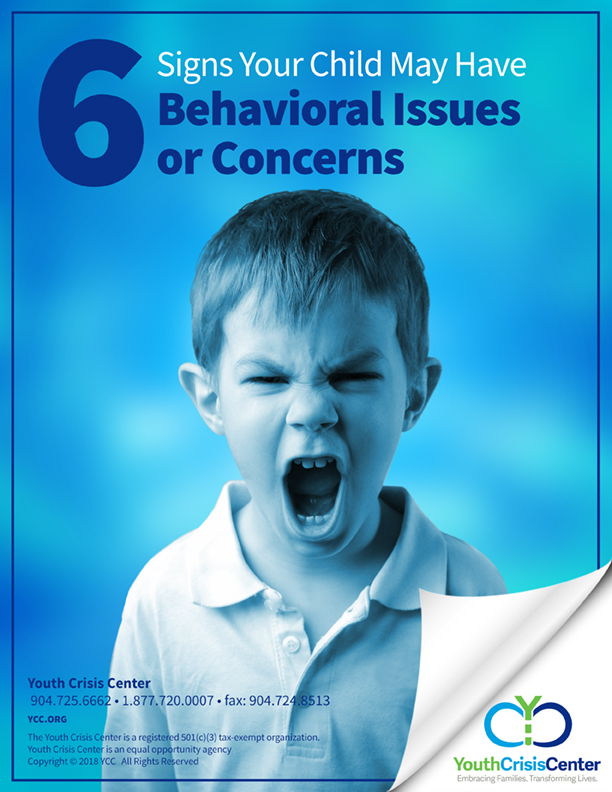It’s hard to run into anybody nowadays who has not been affected by bullying. Bullying can be defined as someone who is being hurt by either words or actions on purpose more than once. It can cause physical pain or even emotional pain. According to StopBullying.gov, some bullying can fall into criminal categories, such as harassment, hazing, or assault. Bullying isn’t a new concept as it has been around for generations, it even changes with each generation as today’s youth have dealt with bullying through social media.
The effects of bullying on mental health
Youth who are bullied over time are more likely to experience depression, anxiety, and low self-esteem compared to their peers who have not experienced it, research suggests. It could be difficult for one to determine the exact effect bullying has on someone because we all experience and cope with things differently. That same study also shows that youth who bully others over time are at higher risk for more intense anti-social behaviors like problems at school, substance use, and aggressive behavior.
Duval Charter School Therapist, Clarissa Benitez, MSW claims kids cans often times feel embarrassed after experiencing bullying and will worry that their parents will be upset if they found out. She also says youth may feel like it is their fault and reaching out for help will only cause the bullying to get worse.
How parents can get involved
It is always encouraged for parents to check in with their children and look for any kind of warning signs. Parents should pay attention to things such as whether their child is getting into physical or verbal fights at school. Stop Bullying also says another warning sign could be your child blaming others for their problems.
Benitez suggests to parents to listen calmly and offer comfort while listening to their kids talk about their problems. She says it is vital you offer support during this time. Benitez does admit, for some parents it can be tempting to tell your child to fight back. She says this feeling is common because parents are angry that their child is suffering.
“Let your child know the importance of standing up for themselves by telling someone: a teacher, a parent, or any trusted adult.”
Benitez recommends coming up with a plan with your child on how they can respond to the situation and most importantly, reassure them that you will figure it out. Some other strategies include teaching your child to walk away and telling the bully to stop; however, Benitez says it is important to make sure that your child feels safe and confident enough to do that. She also encourages coming up with a buddy system so your child is never alone and has a friend with them. It is recommended by Benitez to talk to your child’s school about the bullying.
“Don’t be afraid to ask the school what their policies are on bullying prevention and the actions taken if a child is being bullied.”
What if my child is the bully?
Benitez says it is important for parents to help their children understand that their actions are hurting others. She goes on to explain that parents need to use this opportunity to tell their child that everyone deserves respect, and that could start with setting examples at home. She recommends modeling nonviolent behaviors for your child and to encourage them from talking to someone. According to Benitez, parents must take this situation seriously and do not pass it off as ‘just a phase.’ She says that being a bully can have long-lasting effects on a child that can lead to aggressive behaviors. Benitez says if the bullying does not stop for your child, seek a mental health counselor.
About the SNAP® at the Youth Crisis Center
YCC offers a program called SNAP®, which stands for STOP NOW AND PLAN. This is an evidence-based, cognitive-behavioral model powered by the minds at Child Development Institute (CDI). SNAP® can help children, ages 6-11, and their parents learn how to effectively manage their emotions and ‘keep problems small.’ We know that because small problems can quickly turn bigger or worsening problems if a child or their parent doesn’t have effective emotion regulation, self-control, or problem-solving skills.
Download our free ebook!
Six Signs That Your Child May Have Behavioral Issues or Concerns


